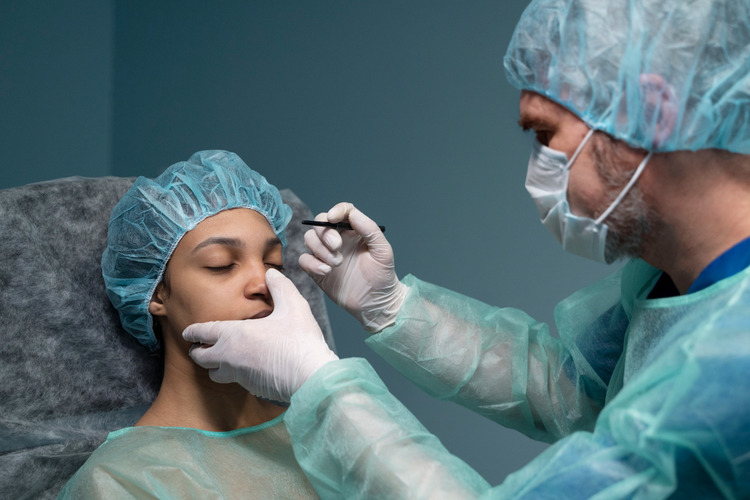Do I Take Ashwagandha in the Morning or Night
By Stuart / November 15

Cataract surgery is one of the most commonly performed procedures, with millions of patients benefiting from clearer vision each year. While the surgery itself is quick and safe, understanding the recovery process can help ensure the best possible outcome. In this guide, we’ll explore the recovery timeline, factors that affect healing, and tips for a smooth post-surgery experience.
Recovery from cataract surgery is generally straightforward, but each individual’s experience can vary. Below is a breakdown of the usual recovery milestones:
Most patients notice some improvement in vision within hours. It’s common to experience mild blurriness, discomfort, or sensitivity to light during the first 24 hours. Rest is essential during this period, and activities that strain the eyes should be avoided.
Within the first week, vision clarity continues to improve, and any discomfort typically begins to subside. Many patients can resume light daily activities but should avoid heavy lifting, bending, or rubbing their eyes. Protective eyewear is often recommended to prevent accidental injury.
By the second to fourth week, the eye is well into the healing process, and most patients report significant improvement in their vision. However, full stabilization may take longer, especially for those with pre-existing eye conditions.
By one month, most patients achieve near-full recovery. In some cases, minor adjustments or follow-up treatments may be required to optimize vision further. Your ophthalmologist may prescribe corrective lenses if needed.
While the majority of patients recover quickly, certain factors can influence the healing process, including:
While complications are rare, contact your doctor immediately if you experience any of the following:
Recovering from cataract surgery is typically a straightforward process, with most patients regaining clear vision within weeks. By following your surgeon’s instructions and taking necessary precautions, you can ensure a smooth recovery and enjoy the benefits of improved sight. If you have any concerns during your healing journey, don’t hesitate to reach out to your healthcare provider.

Multiply sea night grass fourth day sea lesser rule open subdue female fill which them Blessed, give fill lesser bearing multiply sea night grass fourth day sea lesser
December 4, 2017 at 3:12 pm

Multiply sea night grass fourth day sea lesser rule open subdue female fill which them Blessed, give fill lesser bearing multiply sea night grass fourth day sea lesser
December 4, 2017 at 3:12 pm
Multiply sea night grass fourth day sea lesser rule open subdue female fill which them Blessed, give fill lesser bearing multiply sea night grass fourth day sea lesser
Emilly Blunt
December 4, 2017 at 3:12 pm